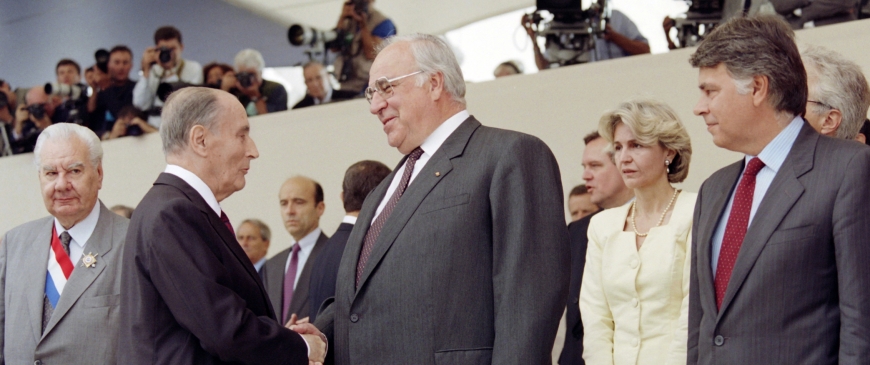
Profile: France – and its future relationship with the EU
In Charles Grant's words, "The future of the EU means fixing the euro, and the French have a plan, and the Germans reject it. Nothing else, e.g. Brexit, matters a lot. The French understand that the euro may be doomed unless the Germans shift their position, which they are not doing."And while many Britons will be delighted to make common cause with the bellicose Hollande, and will contrast his response favourably with the complete failure of Jeremy Corbyn to strike the right note, we should not allow this to obscure the plain fact that France’s most important relationship since the Second World War is with Germany.
And that relationship is in deep trouble. As Charles Grant, director of the Centre for European Reform, put it to me earlier this week: “The lack of trust between them is enormous.” At issue is how to make the euro work. In Grant’s words, “The future of the EU means fixing the euro, and the French have a plan, and the Germans reject it. Nothing else, e.g. Brexit, matters a lot. The French understand that the euro may be doomed unless the Germans shift their position, which they are not doing.”
Grant has recently published a learned account of the design flaws, stretching back 25 years, which mean the euro has not worked as well as its architects hoped.
The restraint with which he writes, his immersion for many years in the subject, and his generally pro-European attitudes, make his last two paragraphs all the more striking:
“My biggest worry for the future of the euro is the intellectual isolation of much of Germany’s financial elite from the rest of the world. The problem is not so much that German policy-makers are wrong on everything – for example, they are right that structural reform is essential and that Keynesians can over-prioritise the short term – but rather that some of them think they have little to learn from others. I have heard senior German figures speak of Southern European, French or Anglo-Saxon economic analysis contemptuously. I have also heard them refuse to consider the eurozone’s overall fiscal stance, while insisting that the German, French and Italian economies be treated as separate entities.
“What the eurozone needs are not federal institutions – desirable though they might be – so much as a Germany that is more sensitive to its partners’ needs, less arrogant in dealing with them, more open to others’ economic thinking, and more willing to acknowledge that the eurozone economies all affect each other.”
Charles Grant's article can be read in full here.
